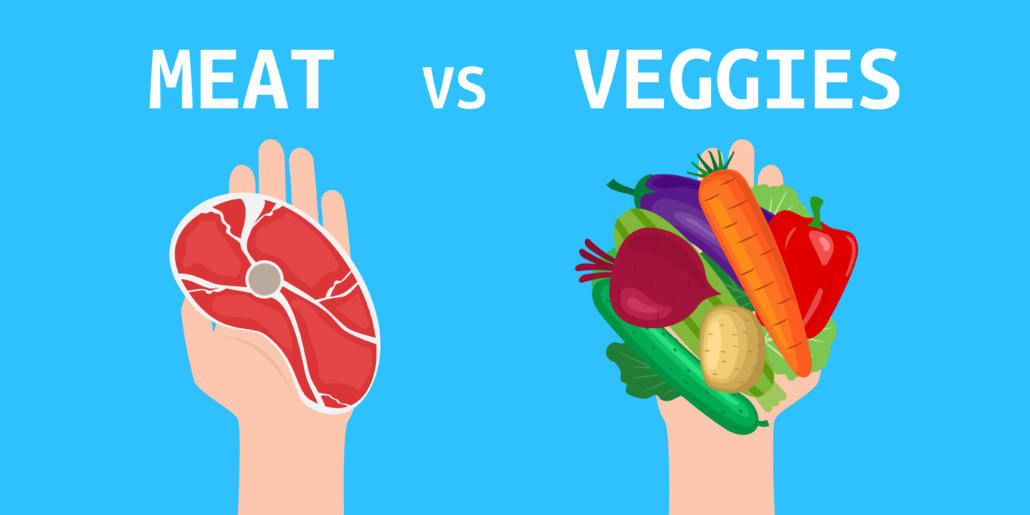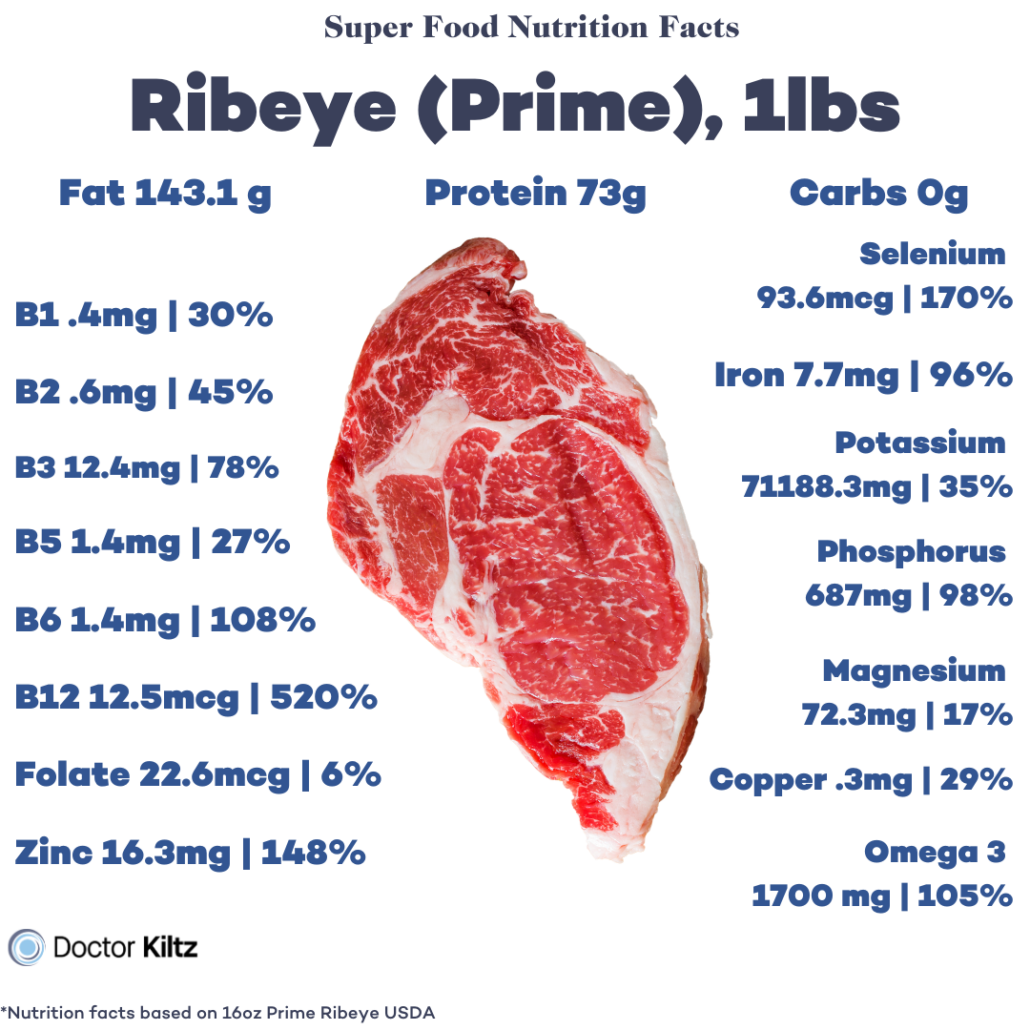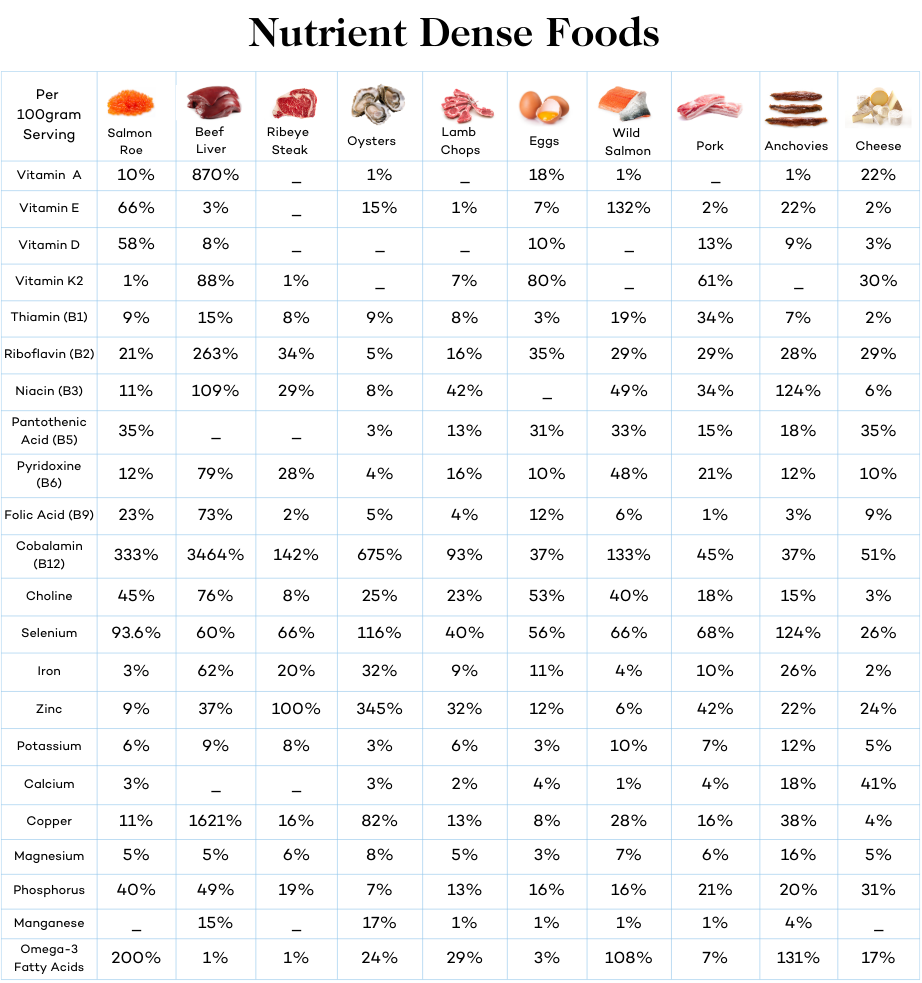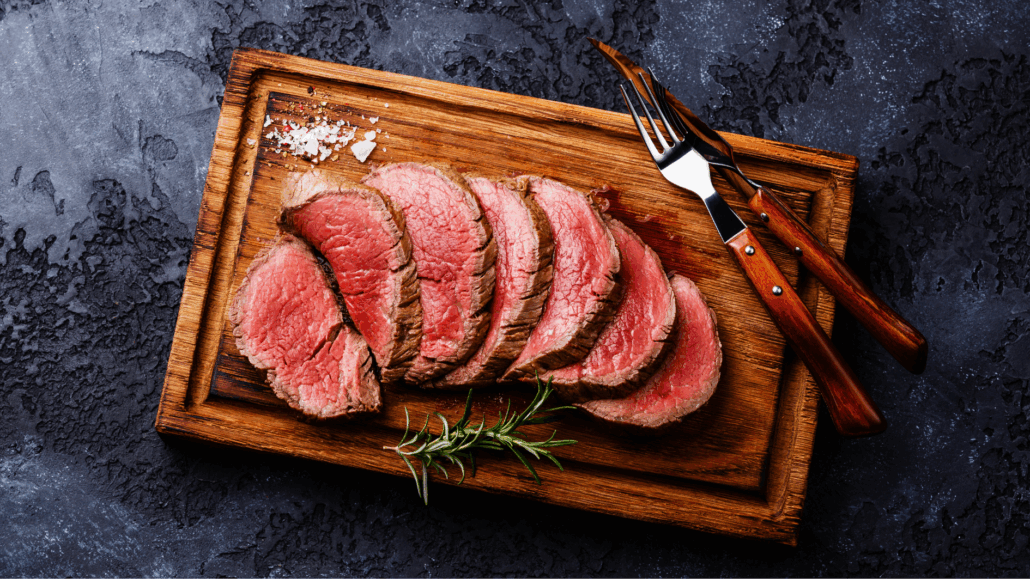We include products in articles we think are useful for our readers. If you buy products or services through links on our website, we may earn a small commission.
Animal Protein vs. Plant Protein: Science, Not Dogma

In recent years, the popularity of plant-based diets has surged, with many people adopting them for their supposed but unsupported health benefits. One of the many areas where the nutritional scales tip in favor of animal products is the question of animal protein vs. plant protein.
When looking at the nutrients that these two food groups seemingly have in common, the animal-based versions are routinely more complete and come in formats that your body can use far more efficiently.
In fact, substituting whole animal products with plant foods can result in various nutrient deficiencies. Looking beyond the dogma, the science is clear: animal-based foods are significantly more nutrient-dense than plant-based alternatives.
While it’s commendable that people are trying to make conscious dietary choices, it is unfortunate and even dangerous that plant-based marketing schemes are obscuring the science-backed reality that animal foods are a superior source of nutrients, including vital proteins.
In this article, we will explore the evidence revealing that when it comes to animal vs. plant proteins, animal proteins continue to be the go-to choice for muscle building, weight loss, and overall health.
Table of Contents
Why You Need Protein from Food
Proteins are one of three macronutrients that your body uses for energy: Fat, protein, and carbohydrates. Of these three potential energy sources, only fat and protein are essential.
“Essential” in nutritional science terms means that we need to get them from our food in order to survive.
Protein is a key factor in nearly every physiological process in our bodies. They catalyze and regulate the expression of genes, make up the majority of the structures in our cells, regulate our immune system, influence our neurotransmitters, and form our muscles and much of our body tissues.
Proteins are chains of smaller molecules called amino acids. Your body arranges amino acids into various protein compounds that catalyze and participate in the functions listed above.
Of the hundreds of amino acids that exist in nature, your body requires only 20 of them in order to synthesize the different protein compounds that your body needs.
When we compare animal protein vs plant protein, we’re really looking at the 20 amino acids that each food group provides, with a special focus on 9 “essential” amino acids that we need to get from the food we eat.
Animal Protein vs. Plant Protein: Head-to-Head Comparison
As we explore animal protein vs. plant protein, let’s look at five key areas where they stack up.
1. Complete Protein and Essential Amino Acids
Animal products like red ruminant meats, pork, poultry, dairy, and seafood provide all 20 amino acids, including the 9 essential amino acids that your body requires you to get from food in order to fulfill its physiological needs.
Plant-based proteins, on the other hand, lack one or more essential amino acids.
2. Bioavailability and Protein Digestion
Bioavailability refers to your body’s ability to absorb and utilize the protein in your food.
Animal protein sources have the highest bioavailability ratings.
Quality rankings of animal protein sources vs. plant protein sources
| Protein Type | Protein Efficiency Ratio | Biological Value | Net Protein Utilization | Protein Digestibility Corrected Amino Acid Score |
| Beef | 2.9 | 80 | 73 | 0.92 |
| Eggs | 3.9 | 100 | 94 | 1.00 |
| Milk | 2.5 | 91 | 82 | 1.00 |
| Casein | 2.5 | 77 | 76 | 1.00 |
| Whey protein | 3.2 | 104 | 92 | 1.00 |
| Soy protein | 2.2 | 74 | 61 | 1.00 |
| Peanuts | 1.8 | 0.52 | ||
| Black beans | 0 | 0 | 0.75 | |
| Wheat gluten | 0.8 | 64 | 67 | 0.25 |
| Rice | 2.0 | 64 | 74 | 0.50 |
| Pea | 1.4 | 58 | n/a | 0.59 |
Source: Nature’s Source and Journal of Sports Science and Medicine.
- Protein Efficiency Ratio: measures how much a protein from a specific source contributes to growth.
- Biological Value: Measures how efficiently your body uses the protein you eat by the proportion retained by the body.
- Net Protein Utilization: Measures the ratio of amino acid mass converted to proteins that are used by your body.
- Digestability Score: Measures protein quality based on the specific essential amino acid requirements of humans and our ability to digest them from each source.
Studies reveal that the incompleteness of plant protein sources has an impact on your health.
A 2021 study in the Journal of Nutrition found that ounce-for-ounce animal proteins produce a significantly higher “net protein” balance in your body versus plant proteins.
The study looked at 56 healthy people over a 3-day period. The participants were split into two groups, with one consuming animal protein sources, including pork, eggs, and beef.
The plant-protein group consumed kidney beans, peanut butter, and mixed nuts.
The subjects underwent tests before and after the study, which found that the animal protein group had much higher protein levels above baseline. Researchers attributed animal protein dominance to better overall protein synthesis–meaning that the human body more easily utilizes and incorporates animal proteins than plant proteins.
Antinutrients in Plant-Based Proteins
Unfortunately, mainstream nutritional guidelines count protein intake from plants vs. animals as the same on an ounce-per-ounce basis. These guidelines are not accounting for antinutritional factors that occur naturally in plants, including
- lectins,
- phytic acid
- trypsin inhibitors
- Oxalates
- tannins
These plant compounds interfere with the absorption and hydrolysis of amino acids.
3. Plant vs. Animal Protein for Muscle Building
Animal protein is abundant in leucine, an amino acid that is essential to muscle building.
Numerous studies have found that higher leucine levels result in increased muscle protein synthesis and subsequently enhance muscle growth and recovery.
A 2021 “gold-standard” review analysis of 18 randomized control trials concluded that “Collectively, animal protein tends to be more beneficial for lean mass than plant protein, especially in younger adults.”
Though plant-based proteins may contain leucine, they generally have far lower levels vs. animal-based protein sources.
4. Satiety and Weight Loss
Protein plays an important role in weight loss, in large part due to its satiating effects.
Diets high in animal proteins have been found to increase your feeling of fullness, leading to a lower overall calorie intake.
Animal proteins are more satisfying and keep you feeling fuller for longer than plant-based proteins.
To get the same amount of protein from plant foods as your would from animal products, you need to eat more plant foods. And all plants contain carbs and are often high in carbs. In contrast, most animal products have few, if any, carbs. More carbs mean more calories.
5. Micronutrient Density
Animal foods that are high in protein are nearly always high in essential micronutrients like B12, zinc, choline, iron, copper, and selenium.
While fatty animal products are loaded with vital fat-soluble vitamins, including vitamins A, D, E, and K2.

It’s no coincidence that meats contain near-perfect ratios of essential nutrients in the most bioavailable formats. Evidence shows that humans evolved alongside, and preyed upon large fatty animals that are now extinct.
For nearly two million years, our dietary habits can be categorized as “hyper-carnivorous,” meaning our hunter-gatherer ancestors got nearly all of their calories from meat.
The legacy of this evolutionary eating pattern is in our DNA–our bodies are designed to thrive on the proteins, fats, and micronutrients in animal products.
Though plant foods contain proteins and various other nutrients, they are ultimately incomplete and less bioavailable when compared to their counterparts in animal products.
The fact of the matter is that animal foods are the most nutrient-dense foods on earth.

Plant vs. Animal Proteins: The Bottom Line
Though “plant-based” diets are touted as a healthy alternative to meat and animal products, nutritional science doesn’t back this up. When comparing nearly every important nutrient, animal foods provide more nutrients per gram and in more bioavailable formats.
This holds true for animal protein vs plant protein. Only animal products provide all 20 amino acids and nine essential amino acids that your body needs to thrive.
Though eating a variety of plant foods can provide all essential amino acids, plants also come with naturally occurring antinutrients that inhibit protein absorption, excess carbohydrates, and other plant toxins that can damage bodily tissue.
Ultimately, if you’re serious about fueling your body with the highest quality protein and other essential macro and micronutrients, consuming high-quality, fresh meats, eggs, fish, and dairy is objectively a healthier option than relying on plant foods.















